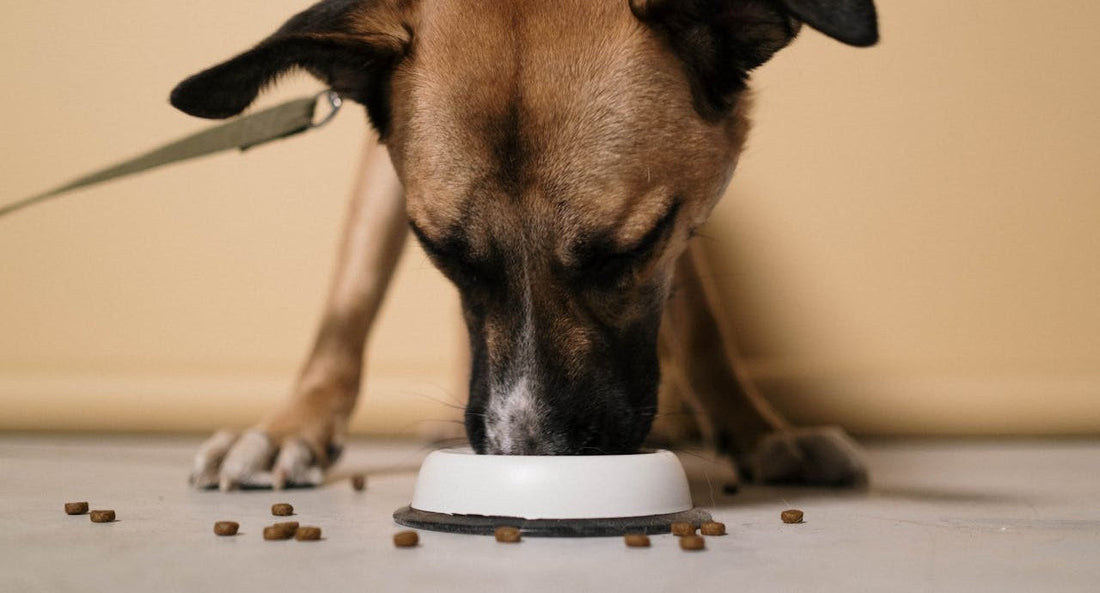Understanding Pet Nutrition: What You Need to Know

Proper nutrition is crucial for the overall health and well-being of your pet. Just like in humans, the right diet can make a significant difference in your pet’s quality of life, energy levels, and longevity. But with so many pet food options available, how do you choose the best one for your furry friend? In this guide, we’ll break down the key elements of pet nutrition and offer practical tips to help you make informed decisions.
Why Pet Nutrition Matters
Balanced Diet for Optimal Health
A balanced diet ensures that your pet receives all the necessary nutrients to maintain their health. This includes proteins, fats, carbohydrates, vitamins, and minerals. Each of these components plays a specific role in supporting your pet’s bodily functions, from maintaining healthy skin and coat to supporting their immune system.
Avoiding Common Health Issues
Proper nutrition can help prevent common health issues such as obesity, diabetes, and allergies. Feeding your pet a well-rounded diet tailored to their specific needs can also improve their energy levels and overall quality of life.
Choosing the Right Pet Food
Understanding Pet Food Labels
When selecting pet food, it’s essential to read and understand the labels. Look for high-quality ingredients and avoid those with fillers, artificial colors, or preservatives. The first ingredient should typically be a source of protein, such as chicken or fish.
Life Stage Considerations
Pets have different nutritional needs depending on their life stage. Puppies and kittens require food that supports their growth and development, while adult pets need balanced nutrition to maintain their health. Senior pets often need diets that support joint health and manage weight.
Special Diets for Specific Needs
Some pets may have special dietary requirements due to health conditions or allergies. Consult with your veterinarian to find the best food for pets with specific needs, such as hypoallergenic diets or low-fat formulas.
Tips for Ensuring a Balanced Diet
Portion Control
Overfeeding can lead to obesity and other health issues. Follow the feeding guidelines provided on the pet food packaging and adjust portions based on your pet’s activity level and weight.
Regular Vet Check-ups
Regular veterinary check-ups are crucial for monitoring your pet’s health and adjusting their diet as needed. Your vet can provide personalized recommendations based on your pet’s specific health needs.
Hydration
Ensure your pet has access to fresh water at all times. Proper hydration is just as important as a balanced diet for maintaining overall health.
Final Thoughts
Understanding and providing the right nutrition for your pet is essential for their health and happiness. By choosing high-quality pet food and paying attention to your pet’s specific needs, you can help them lead a long and healthy life.
For more tips on pet nutrition and to explore a range of high-quality pet products, visit Petzie & Milo. We offer a variety of products designed to support your pet’s health and well-being.
Check out our website for more products and expert tips on pet care. Your pet deserves the best, and we’re here to help you provide it!
